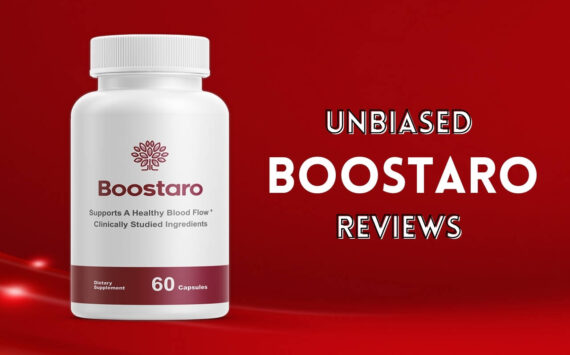by Don C. Brunell
President, Association of
Washington Business
Democrats in Congress are threatening one of Americas most basic democratic freedoms: the secret ballot.
Sen. Ted Kennedy (D-Mass.) and Rep. George Miller (D-Calif.) are sponsoring union-backed legislation that would effectively do away with the secret ballot when workers vote on whether to form a union. That legislation cleared the House on March 1 by a party-line vote. Washington Democrats joined their colleagues in support, while Republicans voted in opposition.
Ironically, in a twist worthy of a George Orwell novel, the legislation is called The Employee Freedom of Choice Act. The bill will actually eliminate free choice.
Instead of participating in a secret ballot election, workers could be confronted face-to-face by union representatives and requested to sign a check card indicating their union support. The signed cards would be made public to their employer, the union organizers, and their co-workers. Under the proposal, these check cards would be enough by themselves to secure the formation of a union no formal election would take place.
A less noticed, but equally bad, provision of the bill would require labor and management to reach a contract within 90 days of unionization. If they dont, the union could require the company to enter into mediation talks under government supervision. They would then have 30 days to reach agreement. After that, a government-appointed arbitrator would dictate the terms. Expect most of the talks to end in final binding arbitration. As labor analyst Bryan OKeefe points out, few first-time labor negotiations result in a happy agreement in just a few months at the table. This means that the arbitrators would be setting wages and benefits for your business.
This legislation is an effort by organized labor to shore up its flagging support. Today, only a small percentage of private-sector workers are represented by unions. Union officials acknowledge that check cards dont always reflect true support for unionization. Often, workers who voiced support when confronted by union organizers later voted against union representation in secret ballot elections.
This legislation would remove those protections. With 42 co-sponsors in the Senate and 215 in the House, the bill is perilously close to passage.
This situation is so ironic; it would be funny if it werent so pernicious.
First, secret ballot elections supervised by the National Labor Relations Board were instituted expressly to protect workers from intimidation by either side.
Second, despite two centuries of secret ballot elections in America, AFL-CIOs Organizing Director Stewart Acuff now says those elections just dont work.
Thirdly, in 2001 Rep. Miller, who sponsored the bill in the House, sent a letter to the Mexican government, stating, We feel that the secret ballot is absolutely necessary in order to ensure workers are not intimidated into voting for a union they may otherwise not choose …
We couldnt have said it better.
In a recent national poll of likely voters, nine of 10 respondents said that a workers vote to organize a union should remain private. Ironically, the highest level of support (91%) came from people who identified themselves as Democrats.
If you question whether eliminating the secret ballot in union elections would result in intimidation, imagine yourself standing at the ballot box in the next election. Instead of casting a secret ballot, you find representatives from both parties standing over your shoulder watching your every move. They know who you are, and they know how you voted.
Would you feel intimidated?
Washington state residents are so protective of their voting privacy that they bridle at having to declare a party affiliation in a primary. One hopes that the members of our states congressional delegation are committed to preserving for workers the same rights they so aggressively defend for the rest of us.
Heres an idea. Contact your member of Congress and ask if they favor eliminating the secret ballot in state and federal elections. If they say No, then ask them how theyll vote on legislation that will eliminate that right for Americas workers.
The new Congress seeks to eliminate the secret ballot
by Don C. Brunell







